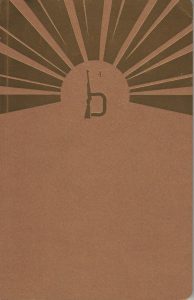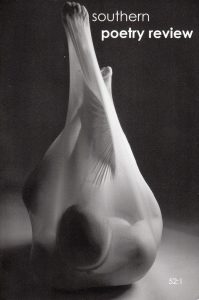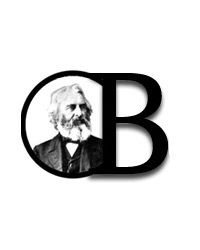What Words Describe You as a Reader?
A note from Paul Dry of Paul Dry Books that is worth reflection:
Dear Reader,
What words would you use to describe yourself as a reader? Recently I came across two that describe the kind of reader I’d like to be: Ingenuous and Discerning. Since they suggest opposing tendencies I think they describe a good reader. By putting each at the center of a trio, I hope you’ll see what I mean.
Place “Ingenuous” between “Gullible” and “Close-minded”:
Gullible———-Ingenuous———-Close-minded
And place “Discerning” between “Picky” and “Clueless”:
Picky————Discerning———Clueless
In each trio, the term to the left of the middle one is its degraded caricature, and the one to the right, its contrary.
The Ingenuous Reader reads without preconceptions of the author’s intentions or abilities. She’s ready to enjoy and learn from the writing. But there’s a risk to her openness: the Ingenuous Reader may be gullible. Discernment protects her from gullibility. On the other hand, a reader may come to an unknown book so leery of it that she is closed to its possibilities. At this end of the scale of judgment, discernment again guides the reader. To remain ingenuous, we need discernment.
The Discerning Reader makes distinctions, notices and evaluates style, and appreciates a writer’s rhetorical and dialectical abilities. Pickiness is this reader’s characteristic vice. He may have decided that his taste is impeccable and, hence, be unwilling to consider new styles and genres. But in avoiding pickiness, this reader doesn’t want to fall on the other side of discernment into what I’ll call cluelessness. Ingenuousness keeps The Discerning Reader open but not clueless.
The qualities of ingenuousness and discernment are twin pilots, each helping the other to hold the center. Ingenuousness alerts readers to good writing, wherever it comes from. Discernment allows the reader to praise (or criticize) a book, no matter what associations the book carries with it. These paired virtues lead to accurate enthusiasm.
I think we develop these qualities by reading a lot and thinking about what we’ve read and talking or writing about it-and then by reading more books. It’s a happy, and happily endless, cycle.
Sincerely,
Paul Dry
Paul Dry Books




